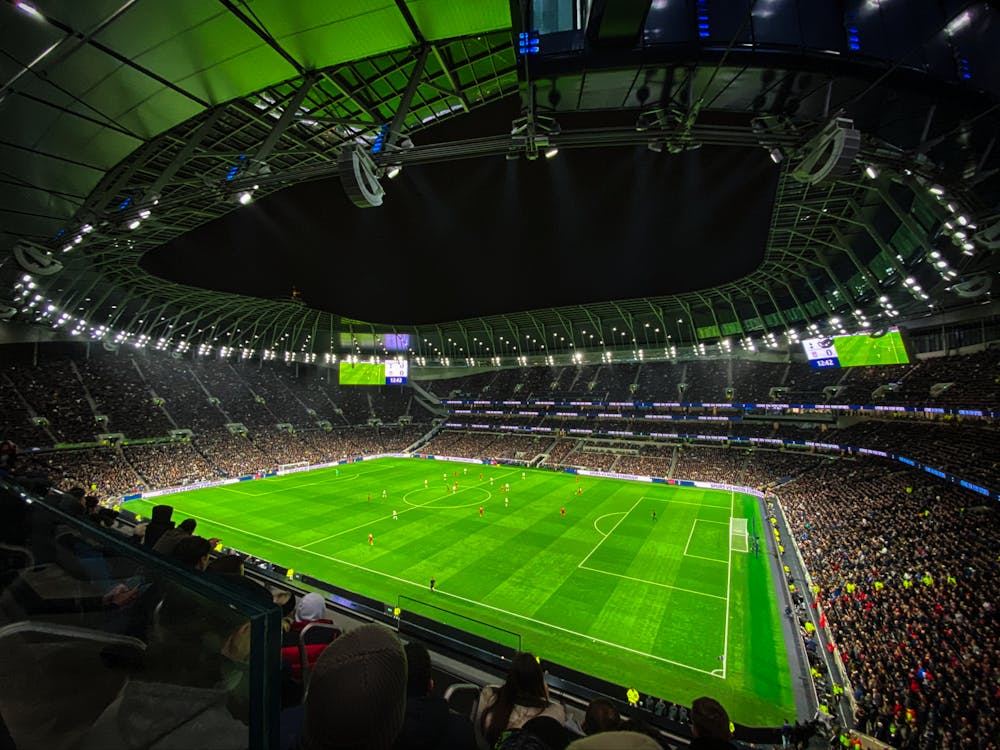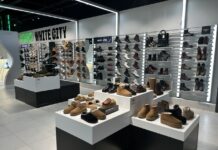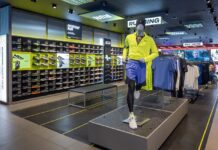The commercial opportunities from the Euros – and more widely the mass of key sporting events during the summer from Wimbledon to the Olympics – are there for the taking – but only for retailers that are prepared, says Gary Whittemore, Head of Sales, EMEA & APAC at RetailNext.
England’s progression to the Finals of the UEFA European Championships presents a golden opportunity for retailers, as the tournament not only captures the attention of football fans worldwide but also drives significant retail spending. As millions of spectators gather to watch their favourite teams, the potential for increased sales and ambient retail footfall is enormous. Retailers who strategically prepare their stores can capitalise on this surge, enhancing revenue, store traffic and customer experience.

It’s well documented that mass participation events, like the Euros, generate a considerable boost in retail activity. During these big sporting events, the retail boost doesn’t just come in the form of ambient shopper traffic from fans heading out to pubs or Fan Zones to cheer on their team. Footie supporters are also looking for sports merchandise as well as a wide range of products relating to entertaining friends while watching the matches, i.e. food & beverages, but also electronics and AV equipment to enhance their match-watching set-up at home.
The 2020 Euro’s tournament, for example, which was held a year late in 2021 due to the pandemic, was expected to deliver a £1billion boost to the UK economy, with retailers reporting boosts in sales. Sainsbury’s reported a 14% week-on-week increase in beer sales, while Asda said it sold 2million burgers off the back of the first weekend round of matches.
A game of two halves
To make the most of the Euros, retailers need to adopt a multifaceted approach that includes staff training, optimised labour scheduling, effective merchandising, strategic store layouts, queue management, engaging signage and customer feedback mechanisms.
A focus on staff training and communication ensures store associates are well-informed about the tournament and the promotions or special events taking place, which can significantly enhance customer experience. Training sessions can equip employees with knowledge about popular products, special offers and customer engagement strategies, while effective communication ensures everyone is on the same page and can provide consistent levels of customer service.
With potentially unusual ebbs and flows in store traffic due to the match schedules, retailers should also optimise labour scheduling by analysing data to anticipate peak times and allocate staff accordingly. During match days, especially when the national team is playing or the finals day approaches, stores can expect higher foot traffic. Adjusting labour schedules to meet these peaks can ensure adequate customer service and reduce wait times at the tills.
Creating thematic displays with Euros-related merchandise can also help attract customers. This includes not only sports gear but also related products like snacks, beverages and entertainment systems, with bundled items and special offers also providing an opportunity to drive sales.
Working on store layout and window displays makes them inviting and eye-catching, which can draw in more customers. Retailers can use the tournament’s colours and themes to decorate their stores, creating an immersive experience. Highlighting bestsellers and promotional items at strategic locations can enhance visibility and sales.
With increased traffic, efficient queue management becomes crucial. Implementing additional checkouts, using queue-busting technologies, and providing clear signage can help manage lines and improve customer satisfaction.
Effective signage can guide customers through the store, inform them about promotions, and enhance their shopping experience. Using tournament-related themes in signage can also add to the festive atmosphere.
Conducting exit polls can provide valuable insights into customer satisfaction and areas for improvement. Asking customers about their experience, product preferences, and any issues they encountered can help retailers fine-tune their strategies for future events.

Extra time – the time to act is now
With the Euros already underway and continued retail opportunities after they are over, retailers and ecommerce sellers should ramp up their preparations to maximise sales during the tournament. By focusing on staff training, optimising labour schedules, enhancing merchandising, improving store layouts, managing queues effectively, using engaging signage, and conducting exit polls, retailers can create a memorable shopping experience for customers and significantly boost their sales. The Euros offer a unique opportunity for retailers to score big, and those who seize the moment will undoubtedly reap the benefits.















